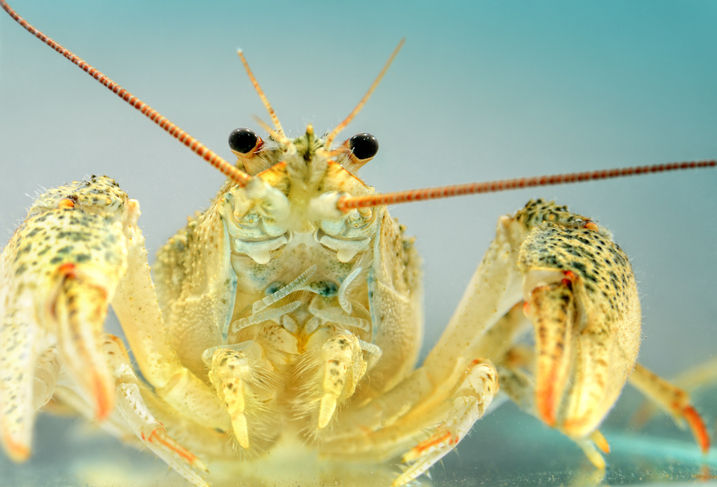Stop live sales to the public!
- May 8, 2024
- 2 min read
Updated: May 9, 2024
Crustacean Compassion began as a voluntary organisation after hearing the disturbing news that live crabs were being sold in shrink wrap plastic in a shop in London. Since then, the work of Crustacean Compassion has grown resulting in decapod crustaceans recognised in law as sentient animals, which means like other animals they feel a range of emotions such as pain, joy, and fear. Unfortunately, since then the will of politicians and others to give them the full protection they deserve under animal welfare laws has stalled. This means you can still buy live lobsters and crabs from retailers to kill at home.

The most infamous method to kill them is boiling alive, either by placing them into boiling water or by increasing the water temperature gradually to boiling point. Live boiling results in prolonged and severe suffering and distress prior to death. The animals’ struggle vigorously thrashing and attempting to escape. Other killing methods include dismemberment, freezing, and exposure to high-salt solutions, all of which result in prolonged suffering. No sentient animal should be treated like this, and we need laws in place to protect all animals from undue suffering.
Another recourse is to ask leading supermarkets and companies to commit to a welfare policy that aligns decapod welfare with land animal policies. They don’t sell live chickens or sheep to the public; we want the same clear commitment to not sell live decapods to the public.
You might wonder why supermarkets are important, it’s because according to leading food expert Prof. Tim Lang, a small number of corporations wield disproportionate power within our food system. Just eight companies control a staggering 90% of the UK’s food supply and included in these are the major supermarkets.
“Between them, Tesco, Sainsbury’s, Asda and Morrisons control 70 per cent of all food retail in the country. Tesco alone claims 30 per cent – that’s almost a third of every bite we take – and four times the market share it held in 1979.”
Not only does this dominance have significant implications for pricing, supply chains, and the overall health of the food sector, but it also highlights the power dynamics between supermarkets, politicians, and policy decisions.
When Crustacean Compassion published The Snapshot benchmark on decapod welfare policies only M&S, Morrisons, The Co-op and Waitrose had a decapod policy that committed to no live sales to the public. Considering how much power the supermarkets wield in our food system this commitment from all of them would send a clear message to their suppliers and others, including politicians that no matter if they have fur, feathers or a shell that 'live well for less' doesn't mean a compromise on animal welfare.
With your support we now have nearly all the UK supermarkets supporting this except Sainsbury's, Aldi and Asda.
We need your help to get the commitment from these last remaining supermarkets. Can everyone message them on X @sainsburys @asda @aldiuk and ask them to commit in writing to not sell live decapods to the public.



